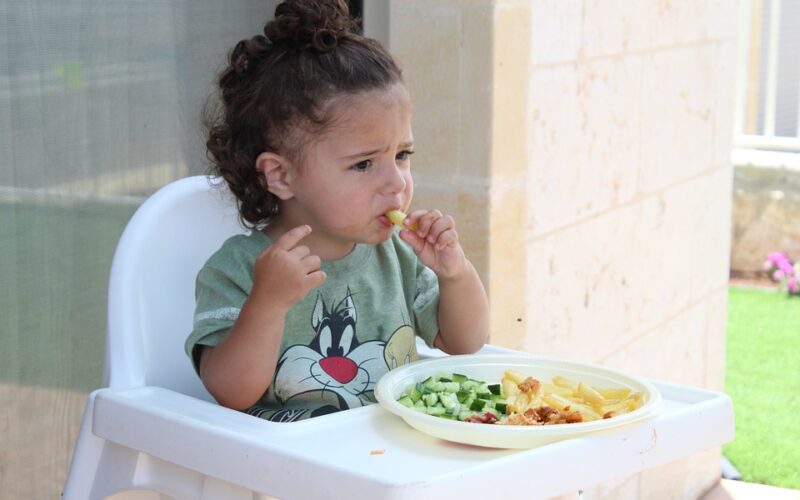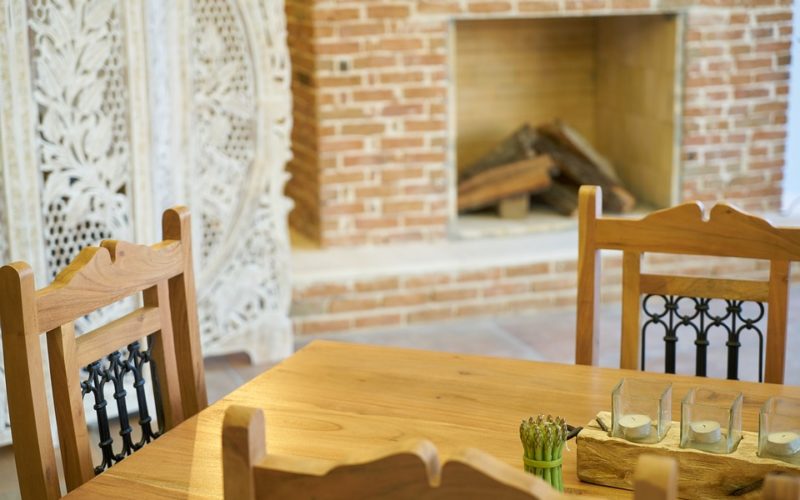Generational Living
Some cultures have made an art of revering their ancestors, and others have chosen the route of religion. In both cases, parents expect their children to take them in once they become infirm. Generational living has been the norm in a great many cultures throughout the ages, but some have broken away from it. The older members of the family often live in nursing homes or care facilities, and the children and grandchildren visit them there. Only the richest, able to afford home care, remain in their own home until passing.
When couples from different backgrounds marry, this might be one of the issues that can become a sticking point. Even if the partner with a tradition of taking in parents lives thousands of miles away from home, transportation to join the family is not really an issue. Having parents move in when the other partner is not expecting it can cause issues.
Caring for the older generation is often seen as an honour instead of a duty, but there are those who never expected to do it. Suddenly faced with a spouse’s elderly parents as household members, even knowing how to treat them can be worrisome. The children might not understand at first, and explaining it to them could take time. Fitting the parents in with the rest of the family could also take time due to a language barrier.
There is nothing wrong with having different cultural norms, but they should be discussed and planned for ahead of time whenever possible. Moving aged parents into a home with a spouse and children unable to cope can make the situation difficult for all involved. If there is a language barrier, starting lessons years before the event would be an excellent way to introduce this type of living arrangement, and it could help everyone feel comfortable when the time for parents to arrive has come.











